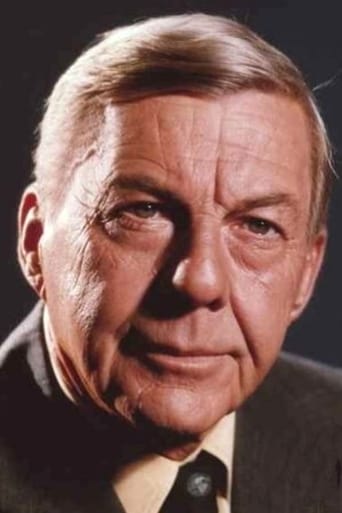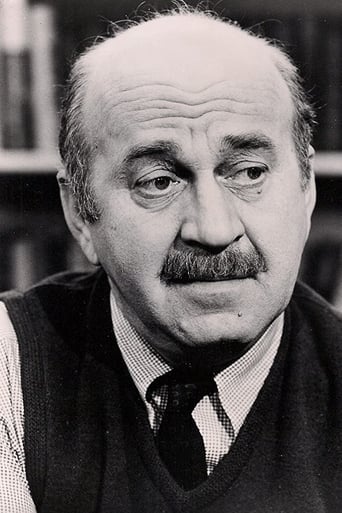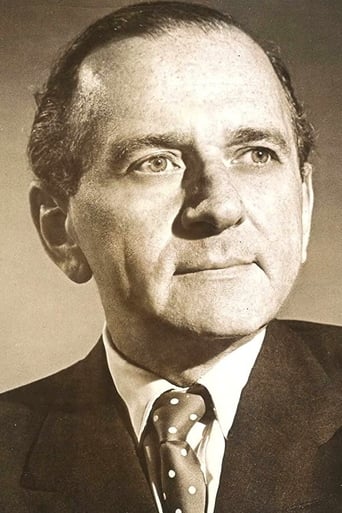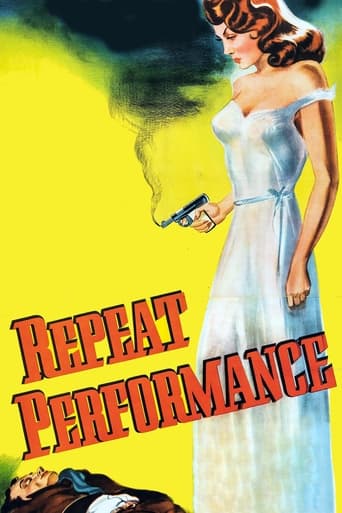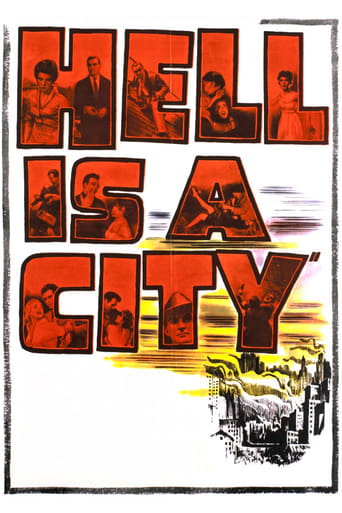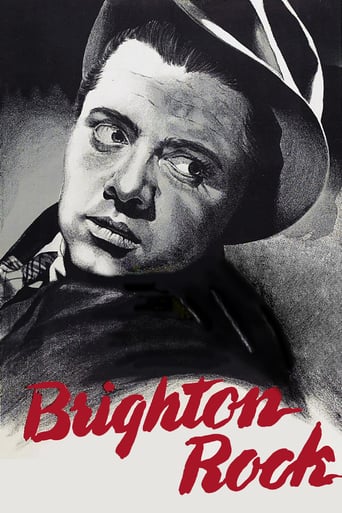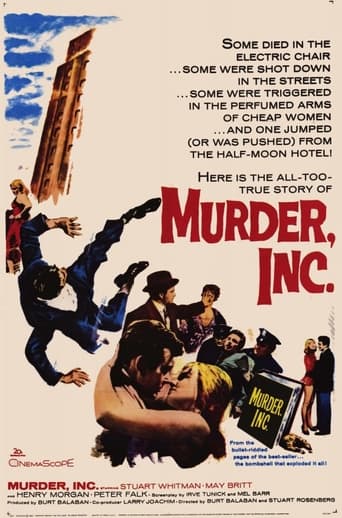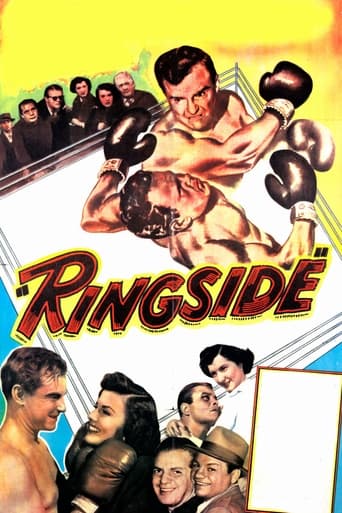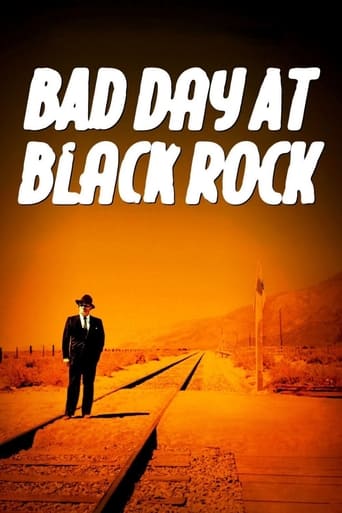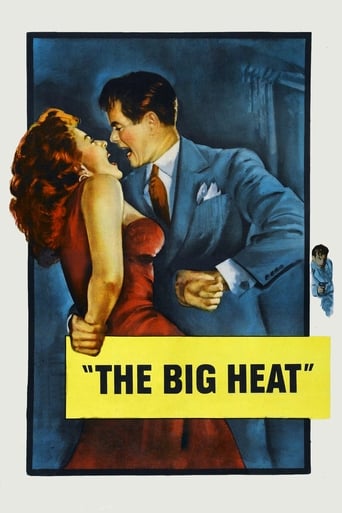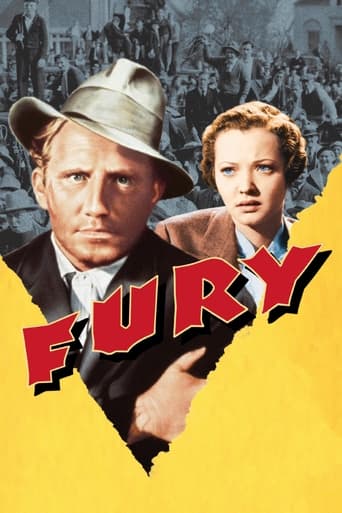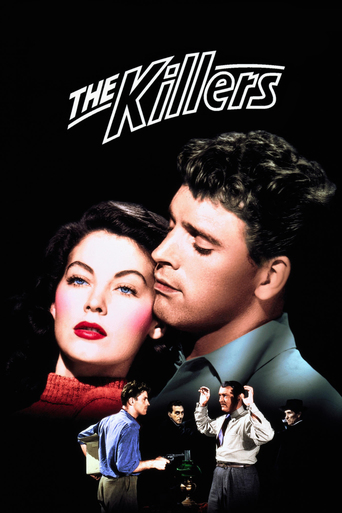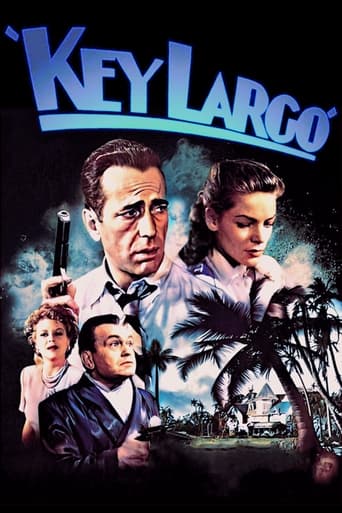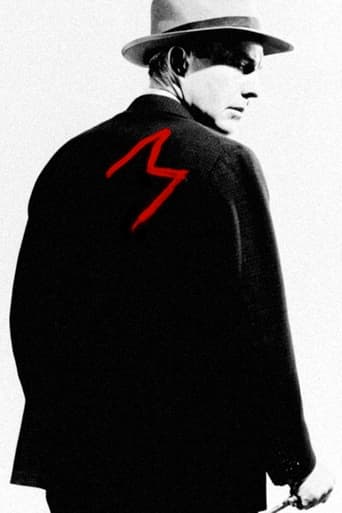
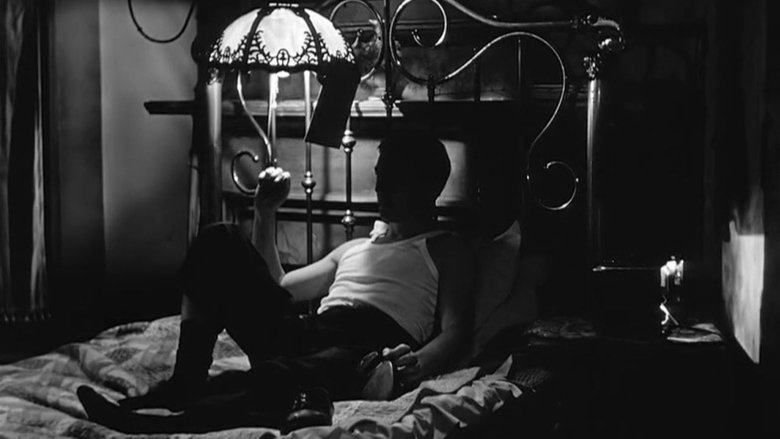
M (1951)
Remake of the 1931 Fritz Lang original. In the city, someone is murdering children. The Police search is so intense, it is disturbing the 'normal' criminals, and the local hoods decide to help find the murderer as quickly as possible.
Watch Trailer
Cast


Similar titles
Reviews
This 1951 remake of the Fritz Lang classic of 1931 is overlooked often just simply because of the original. It was banned by the Catholic Decency Board due to subject matter. It is a darned good remake when it is judged on it's own merits.The story setting is moved from Germany to Los Angeles. David Wayne plays the Peter Lorre role with amazing energy. It is a shame this one got so butchered by critics because of the original. It reminds me of Roger Maris getting poor ratings for breaking Babe Ruth's records. He deserves better than he got treated here.If you have never seen the original, you will find this stands on it's own merits. The cast is large and includes some names who would go on to other things after this one. On this first view on TCM I am quite impressed with the film noir quality of the recent restoration of this film. Raymond Burr and William Schalert are in the support for this redoing of the original. It really is so much more.
In the original version of "M" made in 1931, as well as in the remake of 1951, a city is plagued by a man who is killing children. The police become so relentless in their pursuit of the killer that the ordinary way of life of the criminal underclass becomes disrupted. As a result, the criminals take matters into their own hands, capture the child killer, and have a trial of sorts, during which he tells everyone that he is compulsively driven to do what he does. Before the mob can do anything to him, the police show up and take him away.In the 1931 movie, it is never explicitly stated that the children are sexually molested, but it is implied, and in any event, we would automatically assume as much anyway. In the remake, however, the movie goes out of its way to make it clear that the children are not molested. While a crowd watches the chief of police on television warning parents about the child killer, someone in the crowd asks, "What's he mean the children were neither violated nor outraged?" Someone else in the crowd responds, "What's the difference? He killed them, didn't he?"Well, it may not make any difference to the people in the crowd, but apparently it must have made a difference to the Production Code Administration. It was not sufficient merely to omit all reference to sexual molestation. It had to be explicitly denied. At the same time, all of the killer's victims are little girls, which would indicate a sexual preference. Presumably, just in case the audience refused to believe sex was not involved, the producers went the extra step to avoid any hint of homosexuality. The killer takes the shoes of his victims, which suggests a fetish, which in turn suggests a sexual perversion. Furthermore, in one scene, a man and wife are informed that their child has been a victim. As they start to leave, the woman turns around in desperation and says that maybe it is a mistake, that the child is someone else's. We can only conclude from this that there was no body in the morgue for them to identify, that the police were only going by the doll and the girl's dress, which are on the chief's desk. He holds up the dress for her to look at, which she recognizes as belonging to her daughter. From this we can only conclude one thing: the killer took off the girl's clothes, and her naked body is yet to be found. Still, we are supposed to believe that sex is not the motive for these murders. Censorship can be confusing.It goes without saying that the original was much better, and one way in which it was better is that the killer simply had an evil impulse that he did not understand. In the remake, owing to the popularity of psychoanalysis at the time, we are given an explanation for the killer's behavior as resulting from something that happened when he was a child. As a harbinger of that explanation, we see him strangling a clay model of a child, with a picture of his elderly mother sitting right beside him, almost as if she were watching him do it. At the end, when the child killer is surrounded by the underworld figures that captured him, he gives a garbled explanation about how his father mistreated his mother, and how she raised him to believe that all men are evil. As a result, he reasons that since he is a man, then he is evil and deserves punishment. So, he has to kill little girls, partly to keep them from growing up and being mistreated by evil men, and partly so he will get caught and get the punishment he deserves. The explanation comes across as artificial, unsatisfying, and unbelievable. Fortunately, we are not told why he took the girls' shoes, which would only have made the explanation even more tortured. The remake was destined to be inferior to the original, but it would still have been a lot better movie had all that psychobabble at the end been left out.
Wow. This is a really under-sung, but still great remake of M. Like anyone else, I assumed this would be an inferior version of the Lang classic, but this movie stands alone and takes the already disturbing plot to a very '50's place.If you're interested in noir, and you're seen the original M, you definitely, so much, HAVE to see this. The performance from David Wayne rivals Peter Lorre's and if nothing else, for you Americans, he is surprisingly sympathetic and relate-able.The original M is one of the first great thrillers and bridges the gap between expressionism and what would become noir in film. This movie serves an exact opposite purpose - it takes the plot of "M" and does an amazing job of turning it in to a local film that both serves as a great thriller and a great commentary on our society.
Seymour Nebenzal didn't have an especially illustrious career as a producer, either in Europe or the United States. Two of his American movies, in fact, SIREN OF ATLANTIS and this one, were remakes of movies he had produced in Europe. But in this case, he hired the right director. Was it the growing Blacklist that resulted in this movie having no writing credits on screen? Perhaps, but also perhaps not, as the soon-to-be-blacklisted Howard da Silva and Joseph Losey both use their own names. Losey and his team make excellent use of numerous Los Angeles locations, including Angel's Flight, Bunker Hill, the Bradbury Building (which is identified by name and location) and what seems to be that old amusement park in Long Beach, although what's seen here could be Venice. David Wayne is fine as the disturbed child killer, and delivers the required final act speech very well. But he doesn't have the power and poetry of Lorre's performance--but then who in Hollywood in 1951 would have? The movie still has some of the comedy of Lang's original, but it's not as dry and sardonic, and there isn't as much of it. The score isn't good, and shoves the movie even more firmly in the direction of the melodrama it keeps threatening to become. The very last shot is oddly theatrical in a literal sense: it looks like it is being performed on a stage. And I'm not sure what the point of the drunken lawyer trying to grasp a bit of his former glory really was. However, this element merely weakens the film, it doesn't destroy it. No, this isn't as good as Lang's original, but Lang's original is perhaps the best film of a great director. It's a classic in almost every regard. This version of "M" is an interesting and largely successful attempt at adapting the themes and ideas of the original to Los Angeles, and to 1950s Hollywood. Naturally there are some weaknesses, but the movie is brisk and engrossing, and certainly doesn't deserve the obscurity into which it has fallen. Some condemn the film merely for being a remake, but remakes have always been a large part of movie history. There's little reason to object to them, especially now that the original films tend to be available on video. (In the 1930s-50s, originals were generally withdrawn.) If the remake is good, then hooray, there are now two good movies on the subject. If it's bad, then the remake will soon be forgotten.


